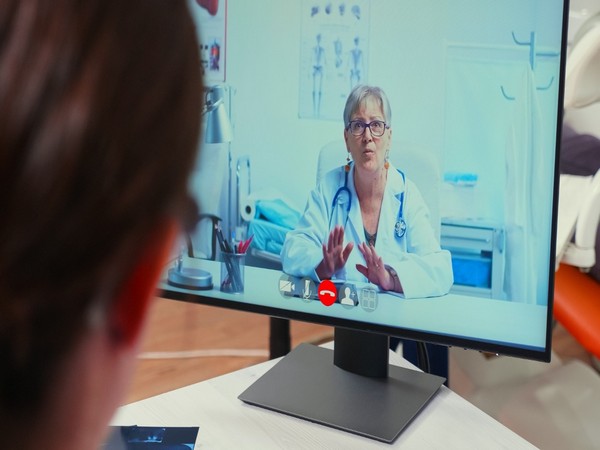

Tele-dentistry is likely to become more mainstream in the coming years as it offers easy and safe access to dental care.
The significance of oral health as part of our overall health is often overlooked. Visiting a dentist has never been a top priority for most people in India and there’s also a tendency to put off things until the very last minute when things get dire. It only got worse at the beginning of the pandemic as people were apprehensive to step out, avoiding any kind of exposure to the coronavirus.
Tele-dentistry has come as a boom in this sphere and has the potential to change the dental health landscape in India. The advent of teledentistry enabled people to get the help that they needed without being physically present at a dental clinic.
As per the recent report by Agency for Healthcare Research and Quality, dental practices that set up telehealth services were able to remotely evaluate patients, share recommendations, provide problem-focused and urgent care evaluations, offer pharmacological management, and even follow up on emergency care.
As per the data, about 65 percent of dental visits are for post-treatment consultation or second opinion. Tele-dentistry can play a major role in this aspect and provide access to quality care right at their home via a video call. It also saved them the hassle and time that a physical visit would have required.
Commenting on this trend, Mr. Harminder Singh Multani, CEO of MyDentalPlan Healthcare Pvt. Ltd. said, “The pandemic has accelerated the adoption of digital technologies in all the fields and dentistry is no exception. The awareness level of people has improved and a lot more emphasis is being laid on overall wellbeing. This has resulted in improvement in oral wellness. With the help of facilities like video consultations and online record-keeping, there has been a significant change in the way people approach dentistry. As per our estimates, 7 out of 10 people prefer to get on a call with their doctor to have a quick consultation for even the smallest inconvenience and this is where teledentistry sits well.”
He added that the trend of getting a second opinion has become more prevalent in the last decade and it has become even more significant since COVID-19 hit.
Another important advantage that teledentistry offered is that it cut through the location barriers and enabled everyone to have access to quality treatment. As per the norms set by World Health Organization (WHO), it is ideal to have at least one qualified dentist to serve a population of 7,500. In India, there are scores of rural areas that have to travel long distances to get quality treatment even in case of an emergency.
Not just the rural masses but there are some states that are struggling to get access to quality treatment. A case in point is Jammu and Kashmir. As per Indian Dental Association J&K Branch Report, in Jammu & Kashmir, there is only one qualified dentist for a population of 28,000. All these challenges can be tackled easily with the help of virtual consultations.
As we step into 2022, it is expected that teledentistry will become more mainstream as an increased number of people will make use of technology to get the treatment that they need.
Even from a dental provider’s point of view, teledentistry makes a lot of practical sense. The cost of setup is minimal and it enables them to have access to a greater number of patients.